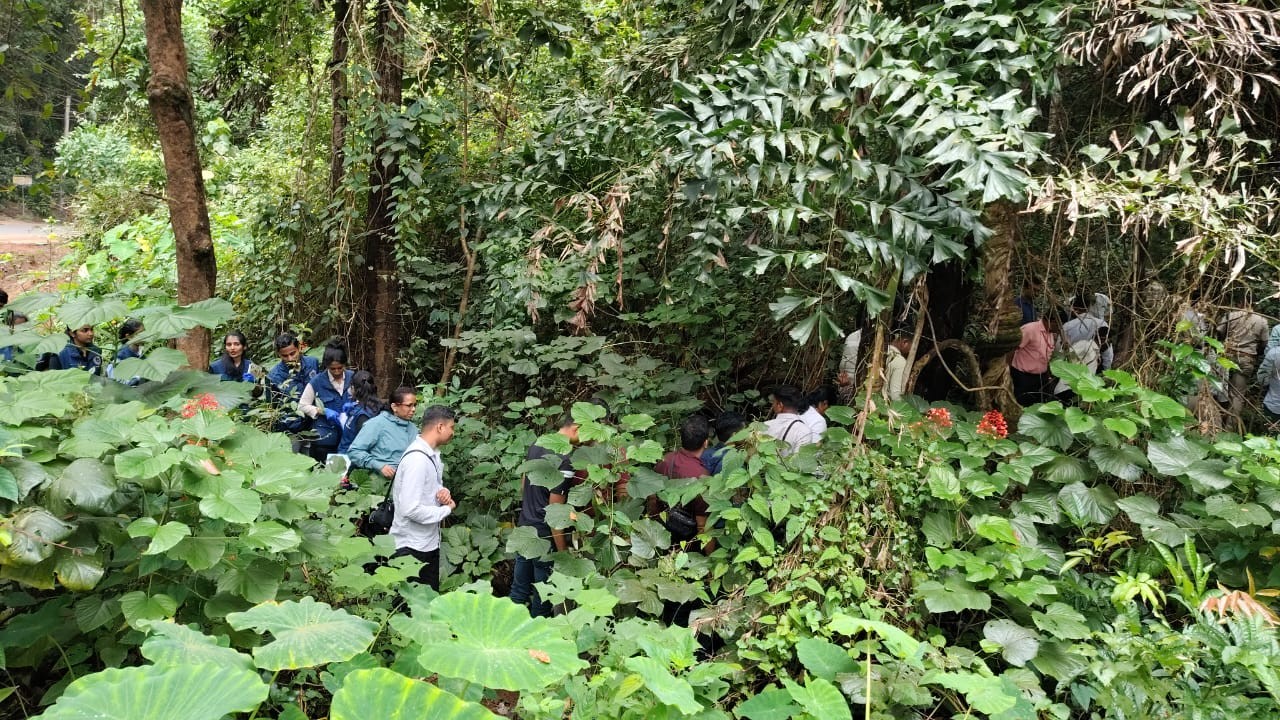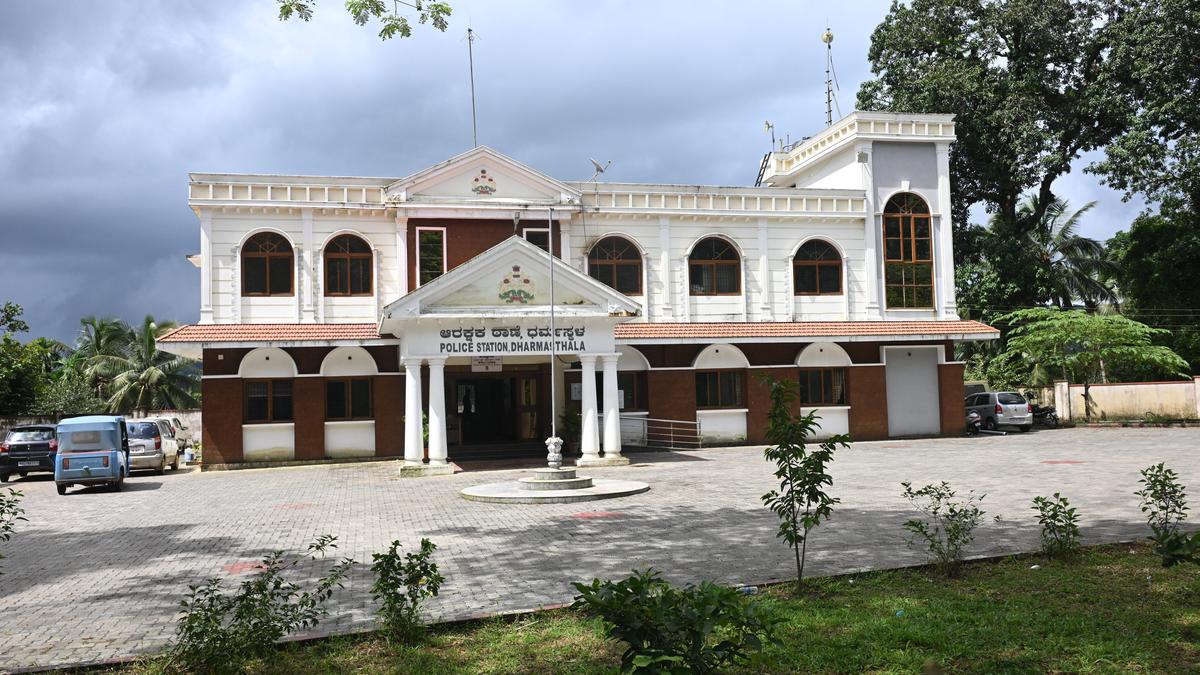India has circulated a proposal for the financial arrangement to implement a global legally binding instrument on phasing out plastic pollution, currently being negotiated in South Korea’s Busan where the fifth session of the Intergovernmental Negotiating Committee to develop an international legally binding instrument on plastic pollution, including in the marine environment (INC-5) is being held .
India’s proposal suggests that parties under the agreement, shall establish a mechanism for providing financial and technical assistance, including the transfer of technologies to developing countries from developed countries. This is for achieving a “just transition” towards sustainable production and consumption of plastics.
The mechanism is to enable their compliance with control measures as specified under the treaty. The compliance, by developing countries with respect to control measures shall be linked to provision of the incremental cost as assessed by the Subsidiary Body under the treaty, the proposal seen by HT states.
This proposed mechanism will include a new dedicated multilateral fund. It may also include other means of multilateral, regional and bilateral co-operation.
Countries are expected to agree on an international legally binding instrument on plastic pollution, including in seas and oceans by end of this week.
INC Chair Luis Vayas circulated a non-paper in late October this year that captures common ground among INC members on which they are likely to agree to.
This non-paper has a preamble which lists the reasons for phasing out plastics. It also lists exemptions that may be allowed. And it discusses plastic product design, supply (this is to do with managing the supply of primary polymers to achieve sustainable levels of production and consumption), emissions, plastic waste management, just transition, finance to aid transition, and implementation and monitoring.
Chair Luis Vayas clarified on Monday that the Non-Paper is entirely bracketed (which means every aspect is up for discussion) , and has been proposed as a “starting point for negotiations”.
“This session is a pivotal opportunity to deal with one of the most pressing global environmental problems. Plastic waste is about 80% of all marine pollution, with an estimate of 8 to 10 million MT entering oceans annually. Plastic production soared from 2.3 million tonnes in 1950 to 448 million tonnes 2015. The economic and environmental costs of this are profound. Microplastics impact human organs and are associated with serious health risks including cancers,” said Vayas during a press conference on Monday.
The world is producing twice as much plastic waste as two decades ago, with the bulk of it ending up in landfill, incinerated or leaking into the environment, and only 9% successfully recycled, according to a 2022 Organisation for Economic Co-operation and Development (OECD) report. Almost half of all plastic waste is generated in OECD countries, according to the Outlook. Plastic waste generated annually per person varies from 221 kg in the United States and 114 kg in European OECD countries to 69 kg, on average, for Japan and Korea. Most plastic pollution comes from inadequate collection and disposal of larger plastic debris known as macroplastics, but leakage of microplastics (synthetic polymers smaller than 5 mm in diameter) from things like industrial plastic pellets, synthetic textiles, road markings and tyre wear are also a serious concern.
More than 99% of plastic is made from fossil fuels. If plastic’s life cycle were a country, it would be the fifth largest emitter of greenhouse gases in the world. If plastic production continues as planned, by 2050 the accumulation of greenhouse gas emissions from plastic could use 10-13% of our entire remaining carbon budget, according to Break Free From Plastic.











